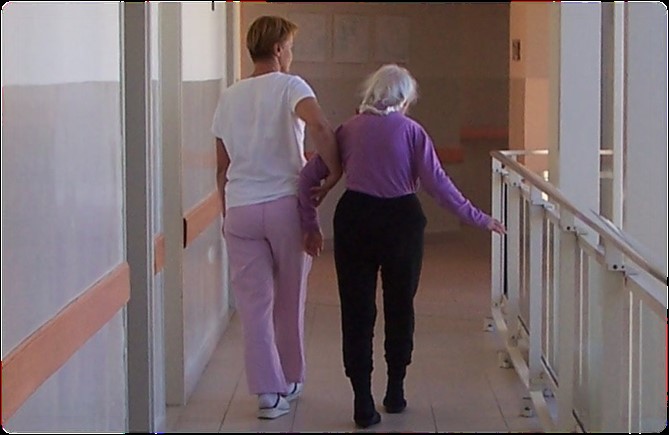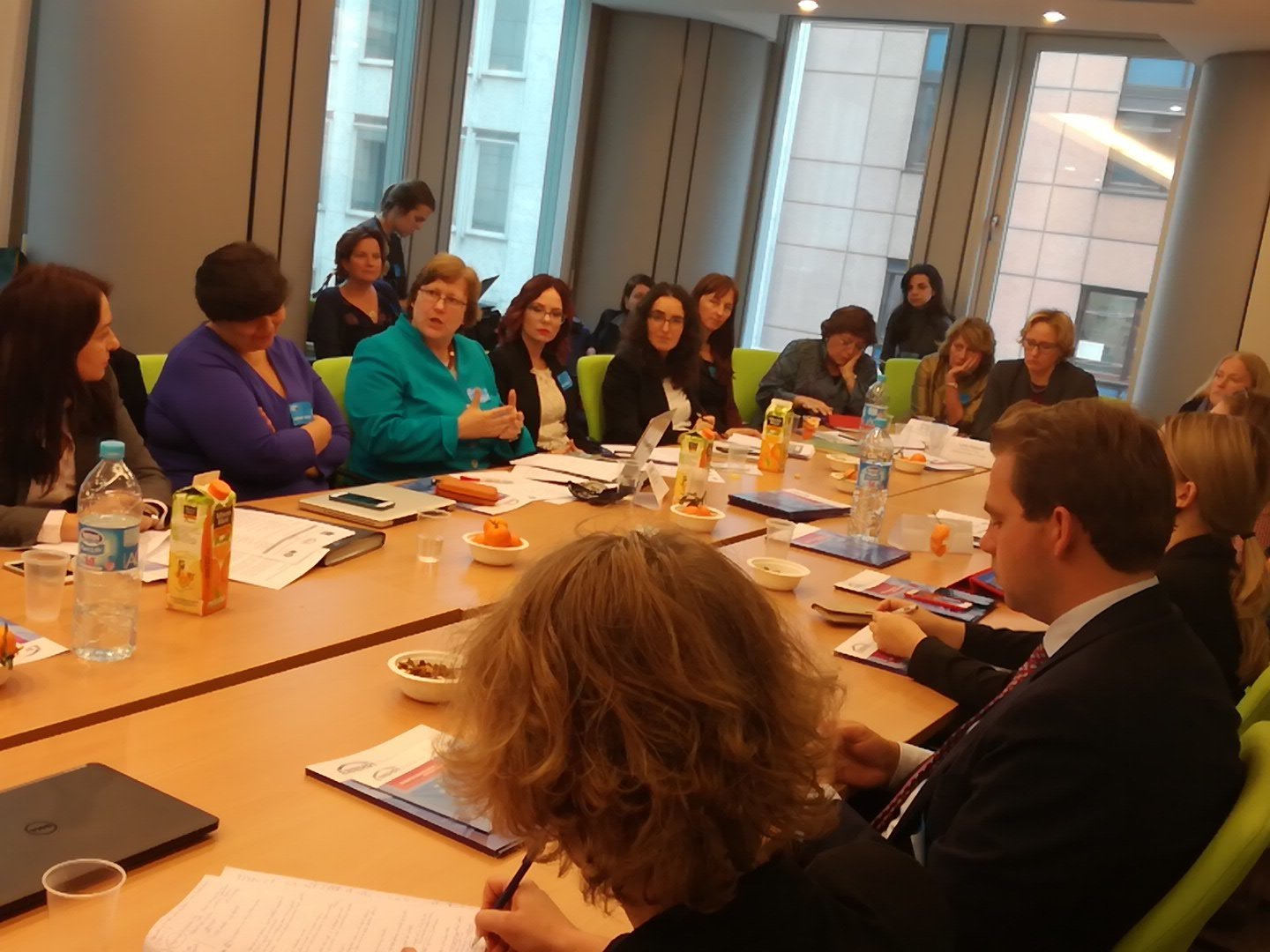Migrants must be informed about their rights in order to be able to use them and seek protection if they are not respected. In practice, however, this is often not the case, as showed the report “*Migrants’ right to information: from key findings to evidence-based recommendations for policy makers”, which ENNHRI presented on 17th October in the European parliament in Brussels.
The report includes the practice from 19 reception centres and centres for migrant’s detention in 12 European countries, based on data gathered by national institutions for human rights, among others, from the Office of the Croatian Ombudswoman. The hosting presenters at the Parliament were the MPs Tanja Fajon, Ana Gomes and Judith Sargantini.
„Our institutions provide expert, independent and credible information on implementation of human rights standards at the national level, This enables ENNHRI to provide an overview of human rights concerns that can lead to action at the regional level which can have impact on the enjoyment of human rights across Europe”, said Ombudswoman and ENNHRI Chair Lora Vidović in the opening speech.
Adriana van Dooijeweert, ENNHRI Asylum and Migration Working Group Chair and President of the Netherlands Institute for Human Rights, presented the details from the report showing few problematic areas – short duration of the intake interviews, poor quality of translation and lack of educated staff. Namely, it is necessary that the intake interview is not limited to one hour, and its duration should be extended in the case of children. It is also necessary to provide access to professional translation/interpretation during the interview. Persons providing information to migrants on their rights should be trained thereof as well as the quality of their work regularly monitored, since information provided to the migrants is often outdated, inaccurate or incomplete. It is also necessary for migrants to have access to free legal assistance, recommended ENNHRI in this report.
Obstacles for family reunifications was under the spotlight of the meeting of ENNHRI members with the Council of Europe Commissioner for Human Rights Nils Muižnieks on 18th October also in Brussels. “Family reunification is the first step towards refugee integration and if denied, it encourages the illegal ones. In spite of that, many countries are creative in making obstacles against the successful procedure”, warned Muižnieks, who has just released the special report on this topic.
„Unfortunately, the European answer to the migration crisis more often includes restrictive measures, with negative effects to the migrants’ status, and especially family reunification procedure”, emphasised Ombudswoman Vidović. Participants also highlighted the need for national human rights institutions and international organisations to continue cooperating in advocacy for necessary changes in practice and legislation in the asylum and migration policies, including issues regarding family reunification.
*The term “migrant” in this report includes asylum seekers, refugees, stateless persons, migrants and persons in need of international protection
 Ombudswoman Submits Report 2023 Annual Report to the Croatian Parliament
Ombudswoman Submits Report 2023 Annual Report to the Croatian Parliament The Importance and Impact of Political Discourse in the Pre-Election Period
The Importance and Impact of Political Discourse in the Pre-Election Period International Conference Marks End of the Project on the EU Charter on Fundamental Rights and the Rule of Law
International Conference Marks End of the Project on the EU Charter on Fundamental Rights and the Rule of Law Parliamentary Committee on Human and National Minority Rights Votes in Favor of the Ombudswoman’s 2022 Annual Report
Parliamentary Committee on Human and National Minority Rights Votes in Favor of the Ombudswoman’s 2022 Annual Report World Homeless Day – Invisible, but also Forgotten?
World Homeless Day – Invisible, but also Forgotten? Ombudswoman to Issue Special Report on the Human Rights of Older Persons
Ombudswoman to Issue Special Report on the Human Rights of Older Persons




